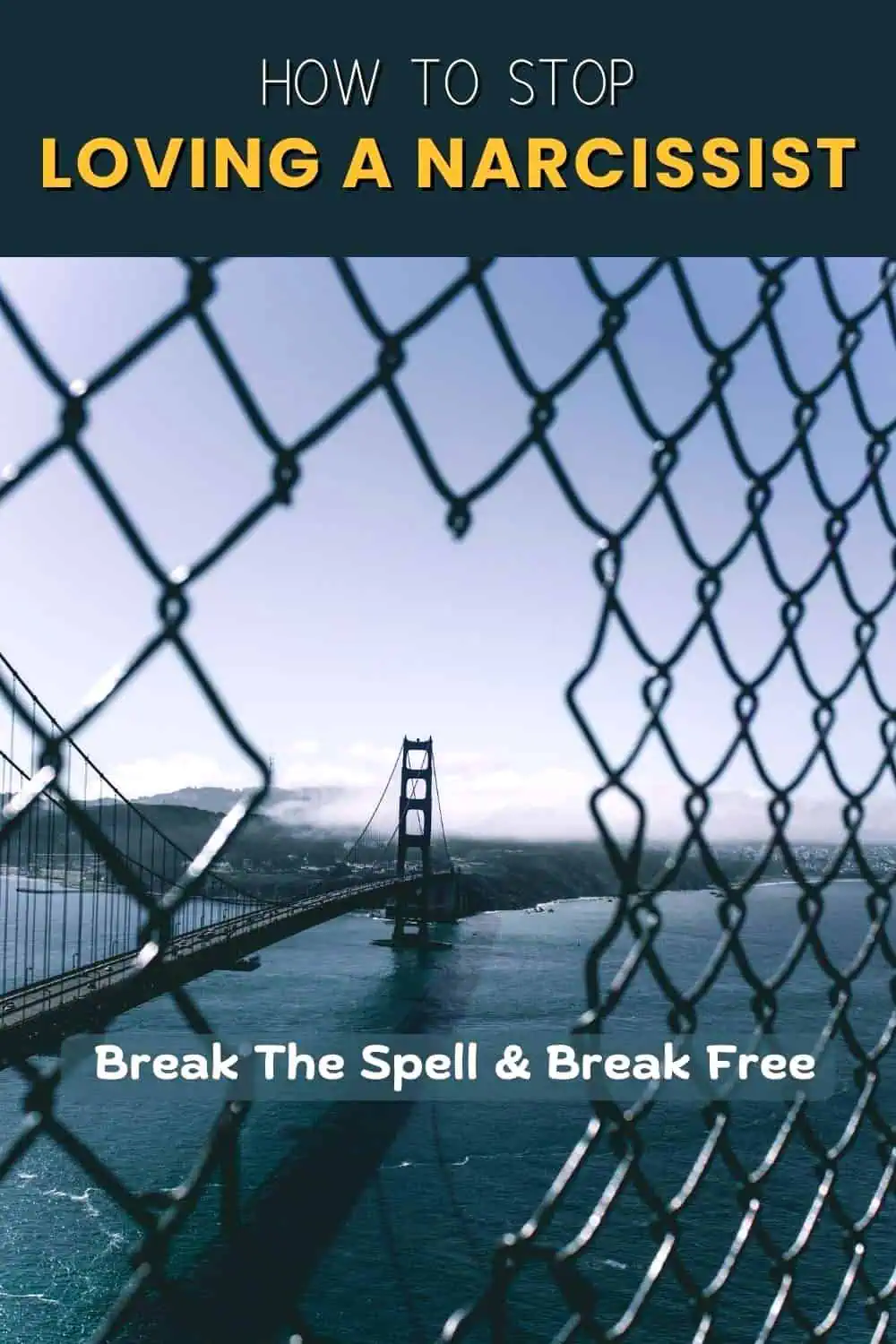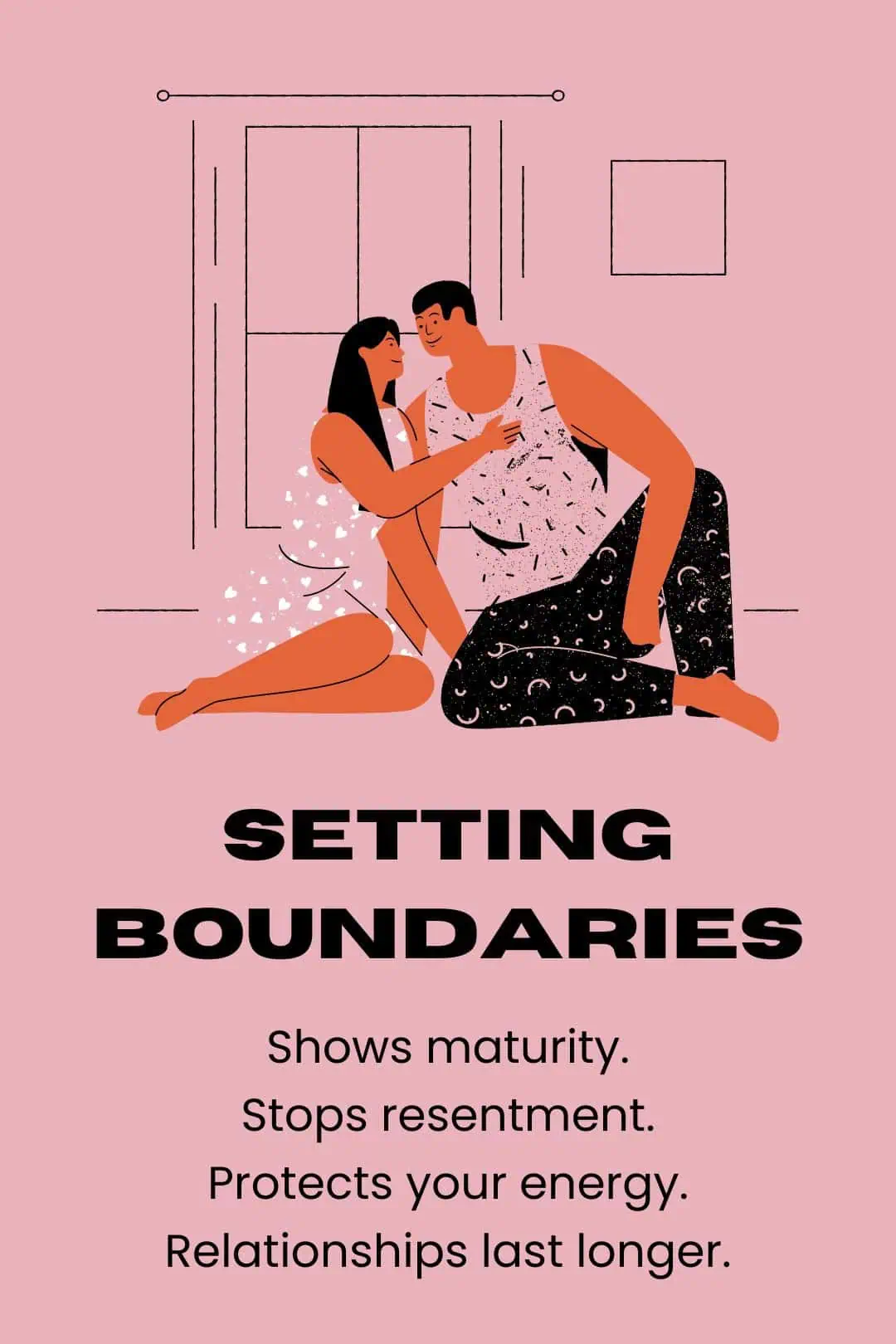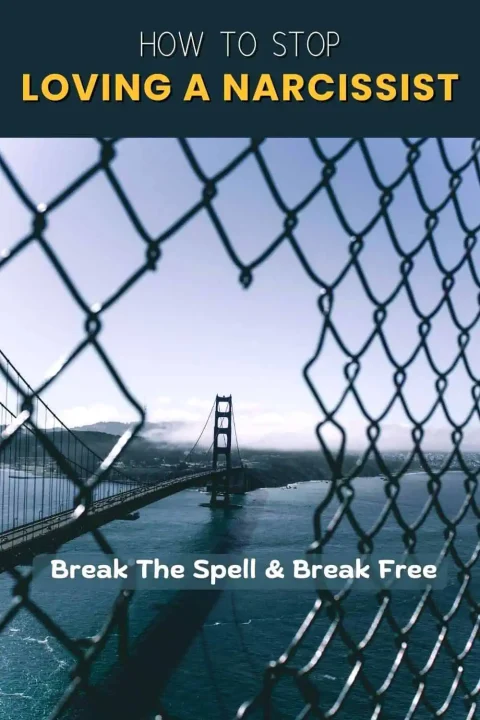Today's Sunday • 8 mins read
— Reviewed by Dr. Sandip Roy.
Loving a narcissist is painful.
- While with them, you’re always trying not to upset or trigger them.
- While they are not around, you’re asking yourself, “Will he be happy for my doing this?”
Your narcissist keeps you in constant fear, making you walk on eggshells—extremely careful in what you say/do to save yourself from their angry outbursts and cruel insults.
Narcissism is a psychological term, but even those who never took a psychology class know it when they see it. It’s typical—an arrogant person, full of himself, who loves the sound of his own voice, and is a legend in his own mind (not in the real world).
And they are common.
- 6.2% of the general population suffers from NPD or Narcissistic Personality Disorder (Stinson et al., 2008).
- Narcissism is why five times as many Americans undergo plastic surgery and cosmetic procedures today than just ten years ago. (The Narcissism Epidemic: Living in the Age of Entitlement, Twenge & Campbell, 2009).
They are emotional leeches. They can bleed you dry to satiate their need for narcissistic supply. Since they come with zero empathy, it is not worth trying to fix a toxic relationship with them.
It would be much better if you stop your supply for them, and move out.
How To Stop Loving A Narcissist?
- Those who have had a long-term relationship with a narcissist, know how tough it is to break up with them.
- Even when you take your love away from them, you can get these urges to go back to them (trauma bonding).
Here are some insights to help you stop loving them and move on:
1. Come Out of Denial. Accept The Reality With Brutal Honesty.
Survivors of narcissistic trauma often live in denial and shame.
Please know that being brutally honest with yourself will liberate you.
- Accept that you fell into their trap because of human error.
- Stop blaming yourself for tolerating their abuse for so long.
Denial is a defense mechanism where survivors refuse to accept the reality of their experiences. It protects them from facing the painful truth of narcissistic abuse.
Shame comes from the realization that acceptance will lead to feelings of not recognizing or confronting the situation sooner.
You need to break free from the narcissist to let the human in you survive respectfully.
Assure yourself that the relationship is toxic and wreaking havoc on your mental and emotional health.
However painful, accept the hopelessness of the situation—that person you love will never reciprocate your love.

As author and therapist Shannon Thomas, Healing from Hidden Abuse: A Journey Through the Stages of Recovery from Psychological Abuse, puts it,
“The important thing to remember is that even if survivors stayed broken for the rest of their lives, the abusers do not. They are not experiencing the same devastation.”
Remind yourself that it is not your duty to fix the narcissist. Moreover, you cannot because they hate you for trying to change them.
Finding your voice can be hard at first; please go gentle with yourself.
“Love yourself enough to say no to anything that is not healthy for you.”
2. Set Strict Relationship Boundaries. Cut Off All Contact.
The relationship is toxic beyond repair, so the only way to prevent further damage is to set up strict boundaries with the narcissist.
Setting boundaries is not a selfish act; it’s an act of self-respect.
- The first step is to set your boundaries.
- The second is to communicate the boundaries.
- And the third step is to enforce your boundaries.
Knowing how to set boundaries is a skill that will serve you well throughout your life, and it is something that everyone should master.

Start by cutting off any contact with them.
- Block their phone numbers and social media accounts
- Avoid places where you know they frequent or might be
- Limit any communication to only what is barely necessary
- Keep each exchange of words with them strictly transactional.
“I want you to do this.”
“I can’t do this for you.”
Boundaries protect you from manipulation and gaslighting.

3. Seek Support from Friends, Family, or A Therapist
Narcissists expect love, respect, and praise, but do not give those to others.
Years of narcissistic abuse can make you become a people-pleaser, feel intense shame at yourself, be hypervigilant and stressed, unable to decide things for yourself.
Narcissistic abuse survivors often feel alone and helpless.
Breaking free from a narcissistic relationship can be emotionally challenging, and it’s important to have a support system in place.
Friends and family members who can provide emotional support and validation can be invaluable, but sometimes a therapist or counselor may be necessary to help you work through the trauma and abuse you’ve experienced.
As therapist, YouTuber, and author Dr. Ramani Durvasula notes,
“You’re going to need to rely on people who will be there for you no matter what.”
4. Focus on Self-Care and Self-Love
Narcissists will always place their needs before yours, and they will train you to be at their beck and call all the time.
After ending a relationship with a narcissist, and all of them are deeply selfish, take time to focus on self-care and self-love.
This may include practicing mindfulness, engaging in regular exercise, finding creative outlets for self-expression, and setting aside time for self-reflection and introspection.
On this, Julie L. Hall advises,
“You have the right to privacy and dignity. You have the right to personal safety and security.”
Keep reminding yourself that your worth is not defined by your relationship with a narcissist. You deserve love, respect, and support, regardless of your relationship status.
Working on building your self-esteem and practicing self-care can help you develop the confidence you need to leave the relationship and move forward with your life.
Why Is It Hard to Leave a Narcissist?
Leaving a narcissist is easier said than done, and there are valid reasons:
- Trauma-bonding: The cycle of abuse and love blitz that many narcissists engage in, where they alternate between being loving and affectionate and being emotionally abusive and manipulative, can make their victims trauma-bonded with them.
- Fear: Leaving a narcissist can be terrifying because of their nature of rage, retaliation, and a twisted sense of justice. This fear can keep victims trapped in the relationship.
- Manipulation: Narcissists can use tactics such as guilt-tripping, gaslighting, or gossiping to keep their partners from leaving. They may also try to isolate their partner from friends and family, leaving them feeling like they have nowhere to turn. Narcissists often target people who tend to put others’ needs before their own, and this can make their victims feel sorry for them.
- Co-Dependence: Many people in narcissistic relationships struggle to fight codependency. The narcissist depends on their victim and also makes the victim dependent on them. They keep the victim relying on them for emotional fulfillment, making it difficult for the victim to leave the relationship.
Worse, narcissists keep their victims so confused and busy-minded that they can’t see the narcissist as their abuser. So, the victim might not understand why they need to get out of the situation.
Can a Narcissist Change?
While the diagnosed patients can make some changes, know that NPD is a pervasive and ingrained personality disorder. So, it’s unlikely that they will sustain their good turn of behavior.
- At best, they can be taught to behave like normal people and rein in their urges to dupe, gaslight, hurt, or exploit others.
- Therapy and medicines may help manage their symptoms (many suffer from depression, anxiety, rumination, and shame), and improve interpersonal relationships.
- Treatment for NPD often involves a combination of therapy (specifically cognitive-behavioral therapy or CBT) and medication, and even then, progress may be slow and limited.
In fact, some experts believe that attempting to change a narcissist can actually make them worse.
As for you, you cannot change a narcissist, and it’s not your responsibility to do so.
What are some tell-tale signs of a narcissist?
Narcissists:
- Lack any empathy for others
- Demand excessive admiration and attention
- Tend to manipulate, blame, and exploit others
- Are preoccupied with themselves and their achievements
- Tend to become angry or defensive when criticized
- They are profoundly selfish, but expect generosity from you.
- They expect constant love, but treat you with indifference or contempt.
- They demand loyalty from you, but are open to cheating in a relationship.
- They can criticize you, but demand to be let off the hook for their mistakes.
- They will rage out if they feel you disrespected them, but will constantly disrespect you.
Final Words
Narcissists are monsters, probably a product of childhood abuse. They grew up deluded enough to exploit and harm others without regrets.
Even then:
- Never justify a narcissist’s present actions because of their past suffering.
- Never glorify narcissist leaders for doing what you would do in your fantasies.
Three take-home messages:
- A narcissist may seek treatment, but any lasting positive change is unlikely.
- Focus on your well-being and safety, and take steps to stop further harm.
- Stopping your love for a narcissist allows you the chance to be loved and valued for who you are, not what you do for them.
Speak with a therapist who can help you work through your feelings and plan a safe exit from the toxic relationship.
√ Also Read: Why Do Narcissists Cry? The Answer May Surprise You!
√ Please spread the word if you found this helpful.
• Our Story!
» You deserve happiness! Choosing therapy could be your best decision.
...
• Disclosure: Buying via our links earns us a small commission.
